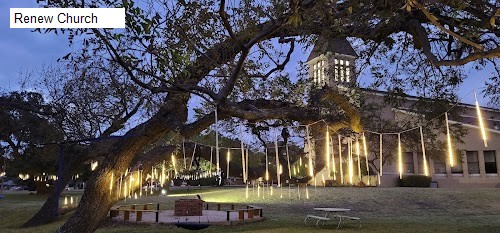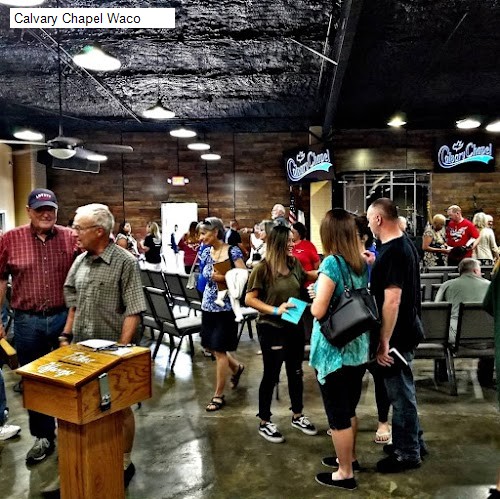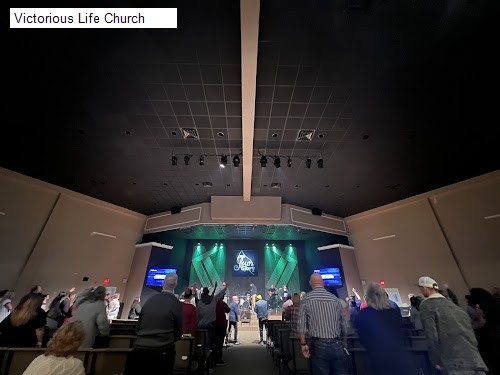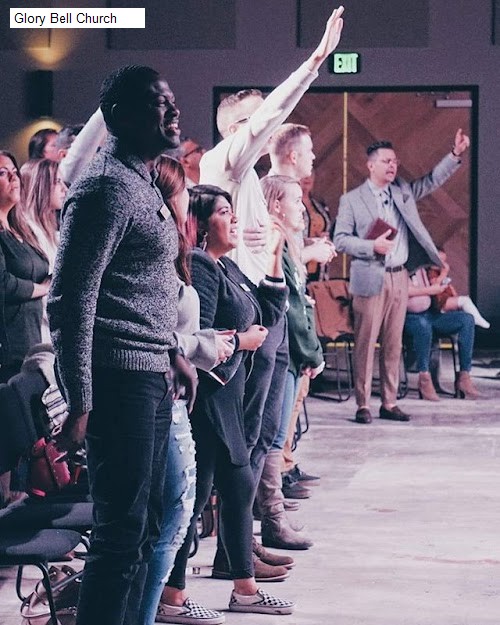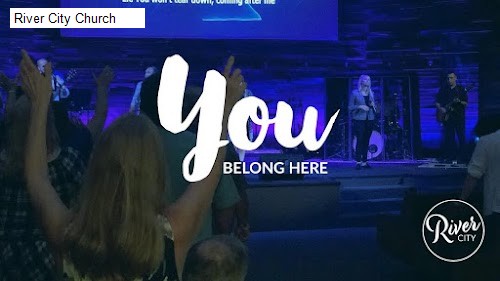1 /5 Kristin: Before I begin, I want to clarify that I was deeply involved at Antioch from Fall 2021 to early/mid 2024. When I first started attending, I didn’t notice the deeper issues. I had some concerns but chose to get involved anyway. I joined the college and young adult programs, volunteered weekly with the welcome team, attended events like World Mandate, and eventually became a member.
At first, I enjoyed the contemporary worship music, but over time it felt increasingly performative—full of lights and fog that distracted from the meaning. One Christmas service stands out: I looked around and realized I was just going through the motions. I wasn’t feeling anything real.
There’s an unspoken culture at Antioch that views its members as superior to other Christians. I experienced judgment and a lack of support from life groups, the young adult pastor, and adult volunteers. I tried several life groups, and each time I opened up—even about small things—I was met with judgment instead of care. Vulnerability didn’t feel safe. Once, I left a group meeting visibly upset, and not one person followed up.
Because of that environment, I never felt safe sharing deeper parts of my story, including shame from a past relationship. I also witnessed inappropriate comments go unaddressed—like one incident where a young adult made a sexualized “Jezebel” remark that made me and my roommate uncomfortable, but we felt peer-pressured to stay.
Antioch publicly claims to show compassion, especially regarding topics like homosexuality, but in practice they dismiss or exclude LGBTQ+ people, and show little understanding or care for neurodiverse individuals (like those with ADHD or autism). The more involved I became, the more I saw this. One Mothers Day sermon was especially toxic—promoting traditional roles in a way that alienated single women. The pastors often focused on celebrities or politics, and Antioch clearly promoted pro-Trump views from the pulpit. This felt incredibly hypocritical given their claims of love and inclusivity.
While volunteering, I was quietly battling depression and an eating disorder. I had shared parts of this with others on the team, but no one reached out or checked on me. When I stopped showing up, I was removed from the volunteer list without a word. I lived close enough that someone could have stopped by, but no one did. The underlying message was: if you struggle with mental health, you’re not a “good enough” Christian—you just need to pray more. Therapy or medication is frowned upon.
There was even controversy around a book by Sheila Gregoire that I read with some friends. Because the author had criticized a pastor in Waco, we were told not to talk about it in church chats to avoid “rocking the boat.” Even though leadership acknowledged some of the criticism was valid, they were more focused on protecting the churchs image.
My final straw came after a mission trip to Miami. While mostly positive, the trip ended with a conflict between men and women that was brushed off with a weak call to “do better next time.” Later, when I stopped attending altogether, I continued to get communications from the church—even after asking to be removed. Eventually, I got an email from the volunteer coordinator asking why I left. I explained my reasons. Only then did a head pastor and the young adult pastor reach out. Their apology felt empty and performative—more about maintaining reputation than accountability.
I responded honestly, sharing how deeply their actions had hurt me. Their reply again lacked ownership. That pattern—avoiding accountability until their image is threatened—is exactly what pushed me away. I’m still healing from what I experienced there.
I did make three friends through Antioch, and we’re still close—none of us attend anymore, and all of us had similar experiences. If you’re considering Antioch, I urge you to look elsewhere. It’s not worth the emotional toll. The scars I carry from that time will take years to heal, even with professional support.
